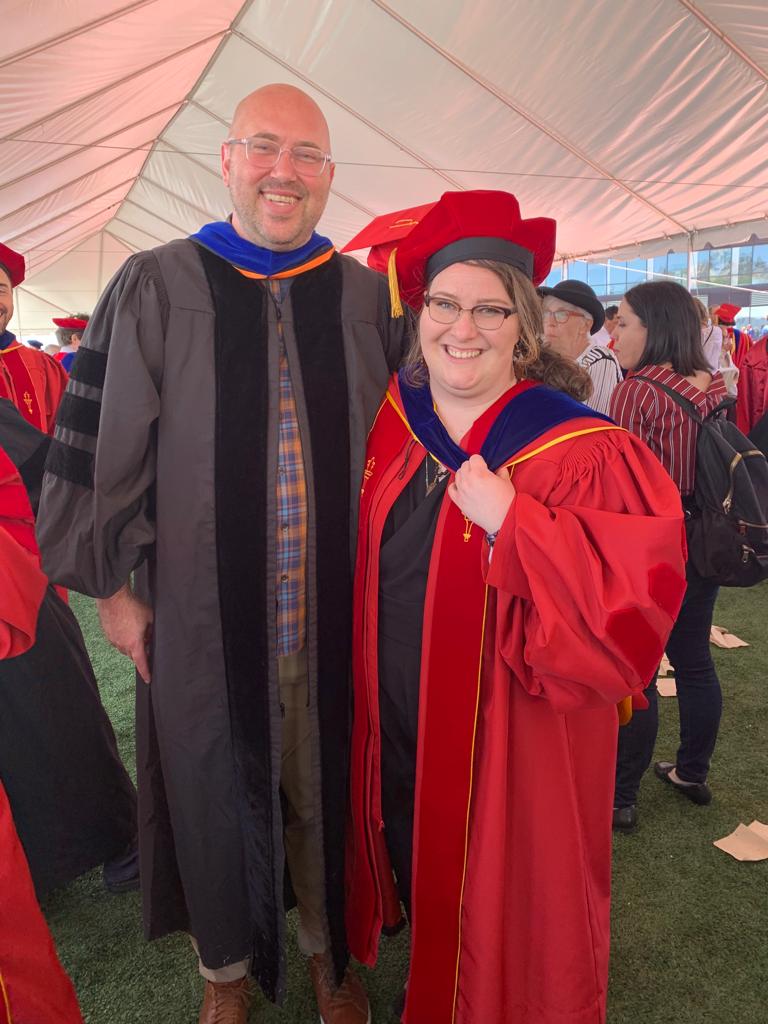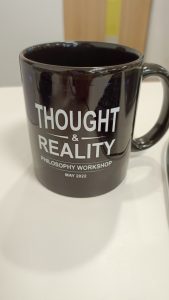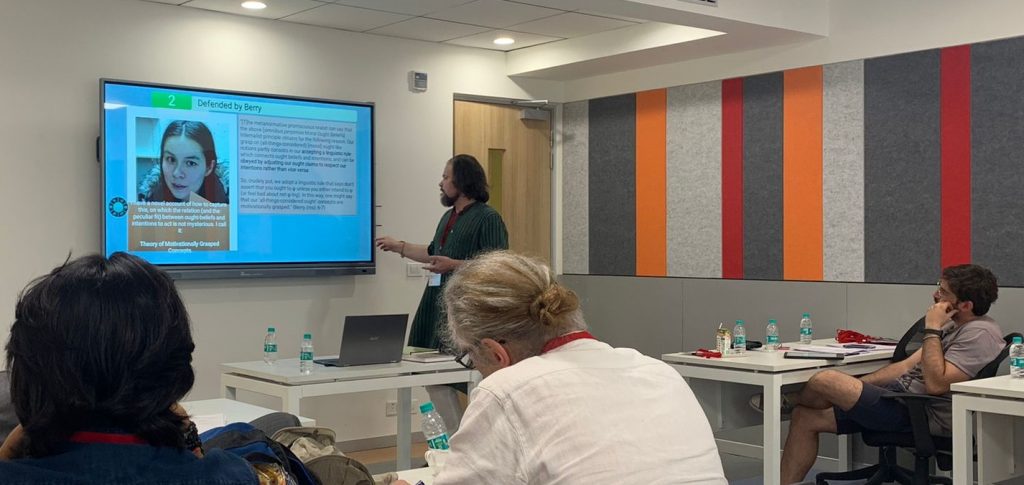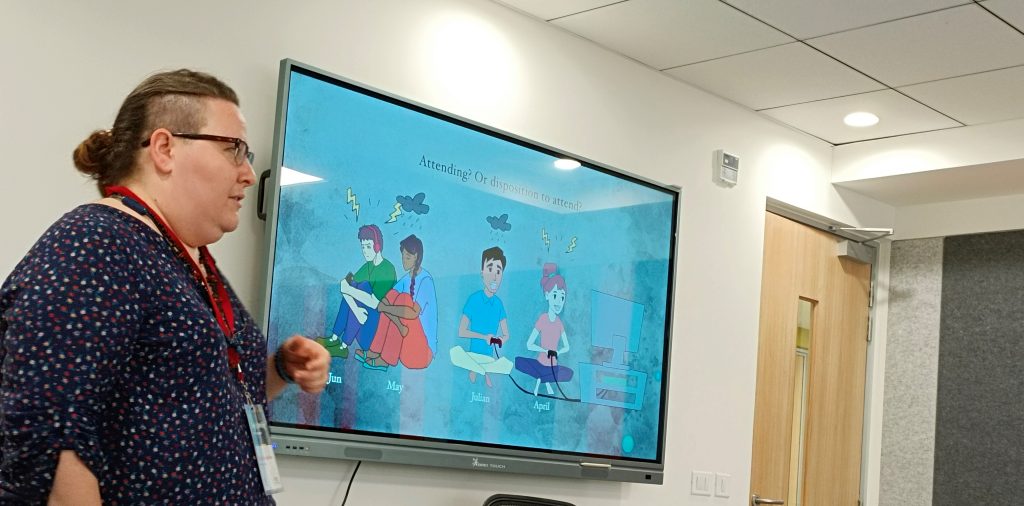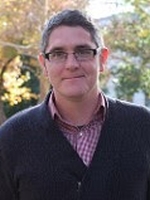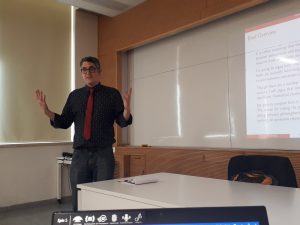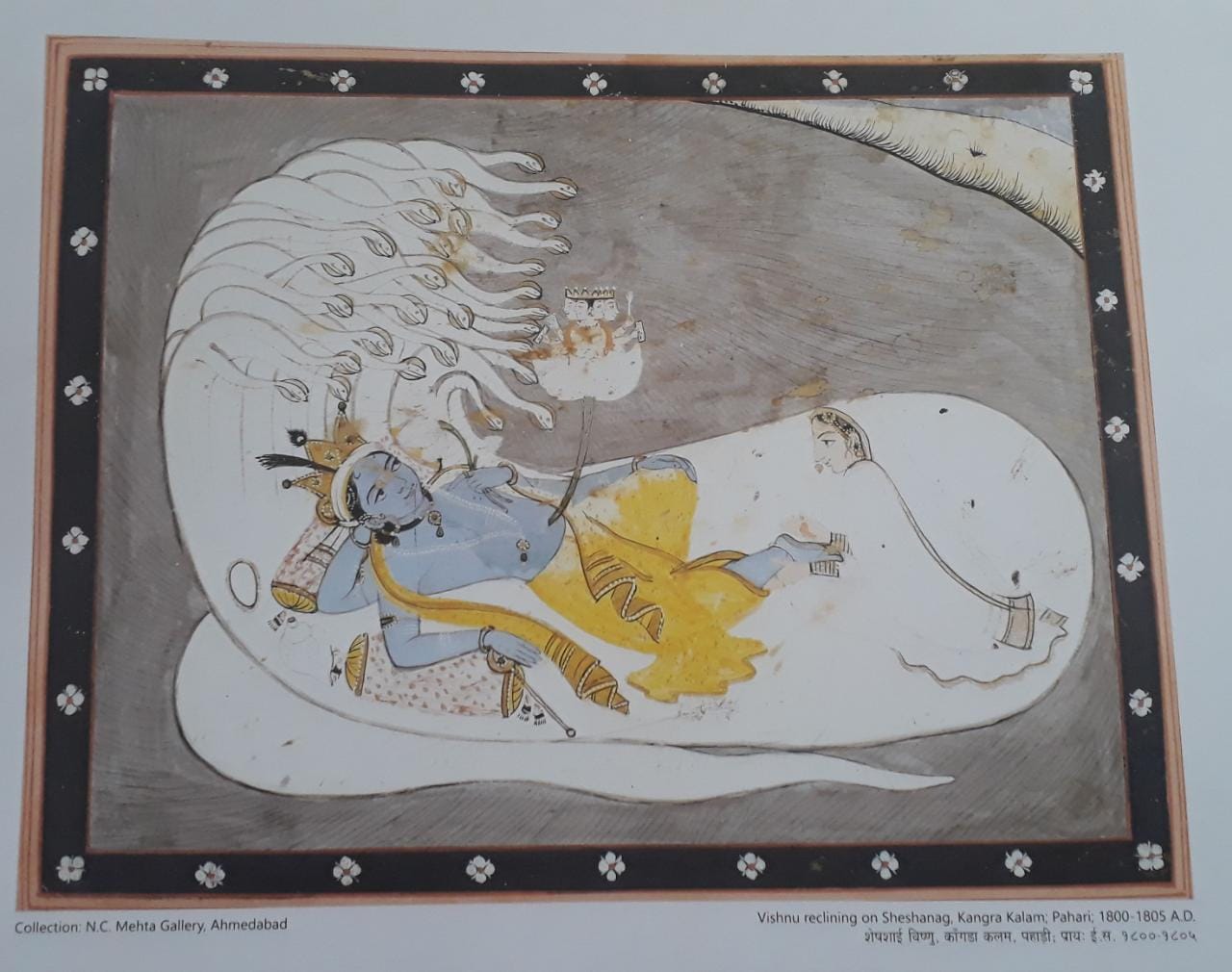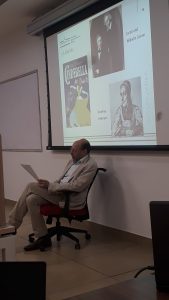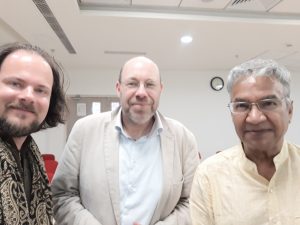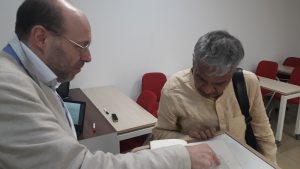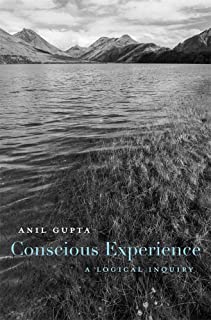July 2020
left: profile pic; right: Professor Snyder during his departmental talk on “A New Puzzle Concerning the Acquisition of Number Concepts” last year.
This Monsoon semester, Eric Snyder joins the Department as an Associate Professor of Philosophy at Ashoka University. He earned his Ph.D. at Ohio State University. Before coming to Ashoka, he was a postdoctoral fellow at the Munich Center for Mathematical Philosophy at LMU. His primary interests intersect the Philosophy of Language, Philosophy of Mathematics, Linguistic Semantics, Logic, and Philosophy of Mind. He is currently involved in three book projects, one concerning the meanings of number words and their implications for the Philosophy of Mathematics, one with Richard Samuels and Stewart Shapiro concerning the nature and content of number concepts, and another with Stewart Shapiro concerning plurals and paradox in natural language. A common theme in all of these projects is how our best empirical science, especially linguistic semantics and cognitive science, may fruitfully inform questions of central philosophical interest.
Welcome, Professor Snyder – we are excited to have you!
Professor Dixon returns!
Our faculty member Scott Dixon, after having spent two years in Hamburg, Germany, will return in the Monsoon semester. He will hit the ground running, teach Metaphysics and the FC Mind and Behavior in the Monsoon, Philosophy of Science and Topics in Advanced Metaphysics in the Spring. Here is what he has been up to:
“I’ve been a Kit Fine Fellow at the University of Hamburg for the last two years, thinking mainly about issues related to grounding (metaphysical explanation), mereology (parthood), and the nature of properties, relations, propositions, facts, and states of affairs. It was great getting to know everybody there, and receiving their excellent feedback on my work. I also wrote up the entry on David Lewis for the Internet Encyclopedia of Philosophy during my time in Hamburg. You can check it here. Excited to be back!”
Professor Dixon
Welcome back home, Professor Dixon!
Summer teaching
The Summer Term 2020 starts on July 6th. In it, two faculty members from the Philosophy Department will offer one course each:
Aditi Chaturvedi will offer the FC Mind and Behavior, her TF is Abbas Bagwala (see here).
Here is her course description:
The idea of a human nature is an extremely powerful one but what we mean by ‘human nature’ often passes unanalysed. In this course we will study a range of contemporary philosophical debates around the idea of human nature. We will look at debates in a range of fields including political science, anthropology, biology, psychology, medicine, and robotics. Some of the questions we will consider:
- Is there such a thing as ‘human nature’ or is it a social construct?
- What is the role of the idea of human nature in political discourse?
- Does biology give us grounds for believing in a universal human nature? Does anthropology?
- Is there a single, universal human nature or are there many human natures?
- What role does the notion of ‘normality’ play in discussions of human nature?
- What role do race and gender play in discussions of human nature?
- What distinguishes human animals from non-human animals and robots? What are the ethical implications of this purported distinction?
“Covid-19 has thrown all kinds of challenges our way, but some of these challenges can also allow us to grow as educators. Teaching an asynchronous class this summer promises to be an pedagogical adventure – it’s uncharted territory, but that makes it all the more exciting! I’m also hoping to use some of these techniques in flipped classrooms whenever facs-to-face classes resume.”
Professor Chaturvedi
Professor Raja is teaching PHI-2715 Philosophy of Love, with Reetika Kalita as TF and Aadya Singh as UGTA (see here).
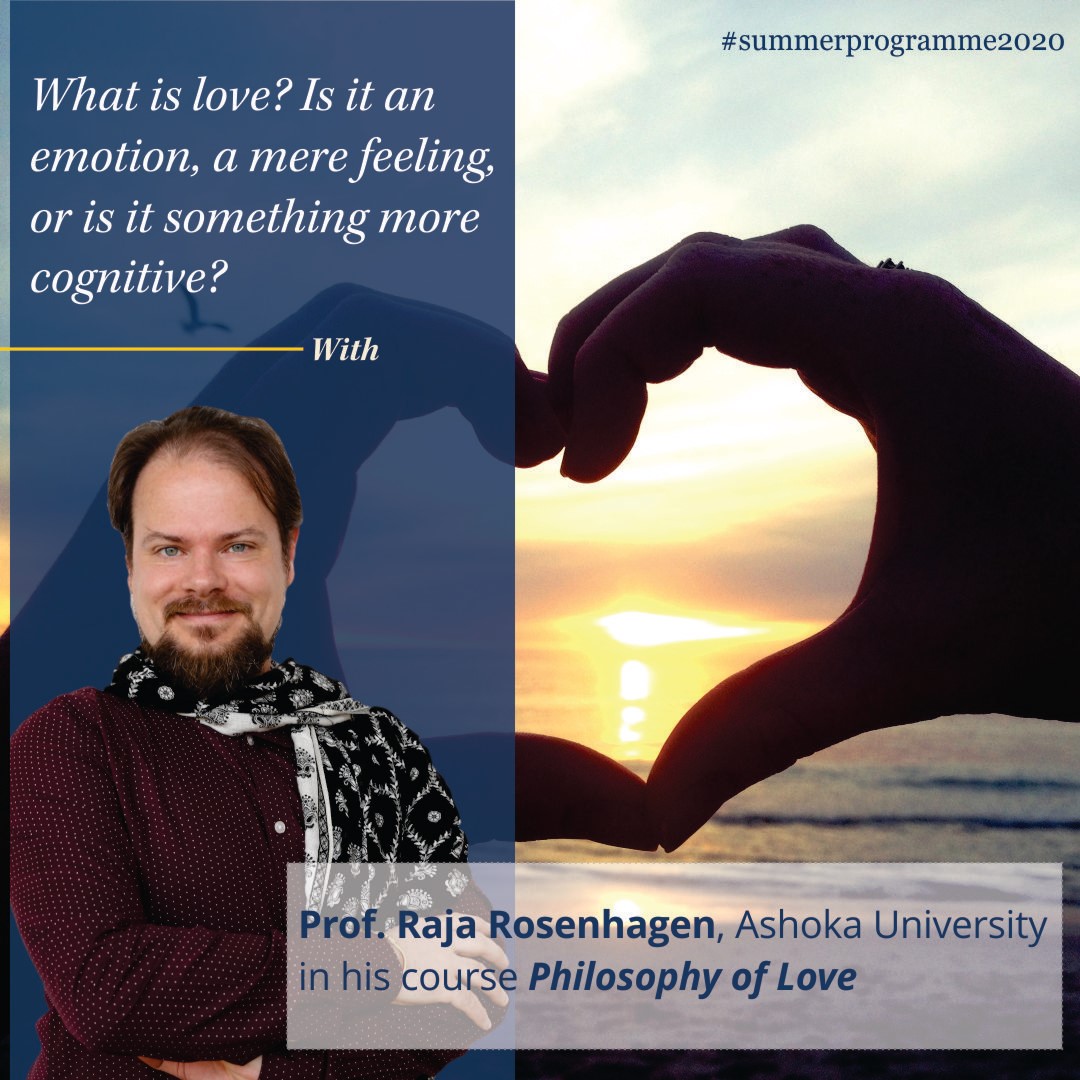
Here is his course description:
This course is taught asynchronously on Canvas. We will meet via Zoom during the assigned slots, but attending these meetings is not mandatory (they will be recorded and will be very useful to watch, however). All the material will be on Canvas and your tasks will be to engage in discussion on graded discussion boards, to submit weekly reflection pieces, to take weekly quizzes, and to work on a creative project
We will read some Western texts on love and friendship with a smattering of Eastern sources. Examples are Plato, Aristotle, Simone Weil, Iris Murdoch, Troy Jollimore, Arina Pismenny, Jesse Prinz, and a number of other contemporary authors (Eastern sources are being sourced still, but there are a number of interesting candidates – from material on Chinese Philosophy, via Śāntarakṣita, to Ranganathan on Love and कुछ कुछ होता है [Kuchh Kuchh Hota Hai]). The stimulus material gathered includes of course readings, but also documentaries, podcasts, interviews, radio features, and short films [in English, Hindi, and Telugu (subtitled, of course)].
We will think about what love and friendship are, what their value for us is, how our perspective changes if we follow Iris Murdoch and Simone Weil in taking seriously the thought that love, that extraordinarily difficult realisation that something other than oneself is real, is (or involves) just attention, about whether love is really an emotion or rather something else, and how love relates to reasons (“Do we have reasons for love?” – “Does love provide its own reasons?” – “If so, what kind of reasons? Does “Why do you love me?” have a good answer?).
“The course on Love and Friendship I taught for the YIF in May/June was so much fun – the TFs and I thoroughly enjoyed it! We will try to make this one, which has some overlap, even more fun – and more accessible also. Much looking forward to this course and am very excited to see that about 50 students from various departments signed up for it!”
Professor Raja





